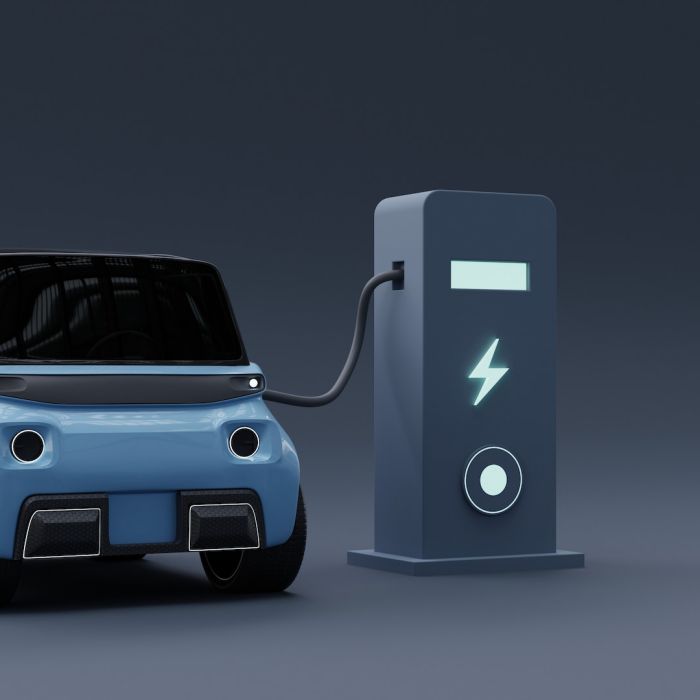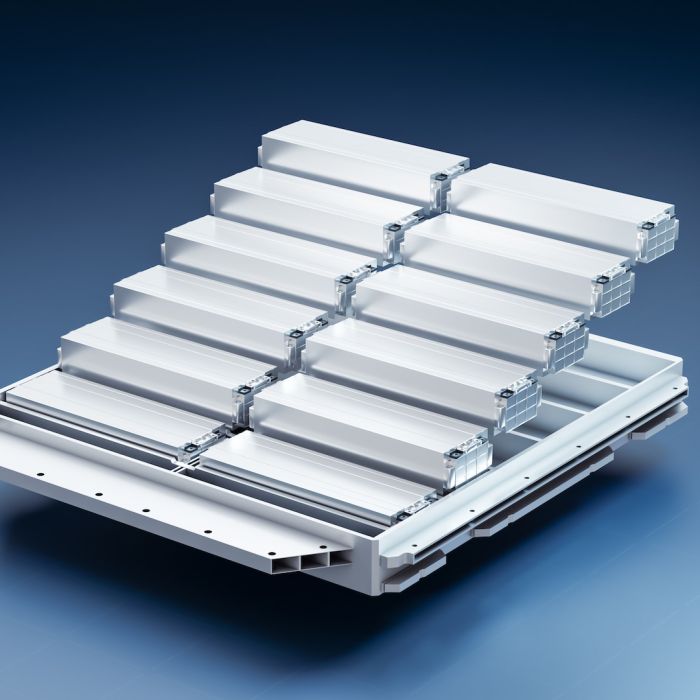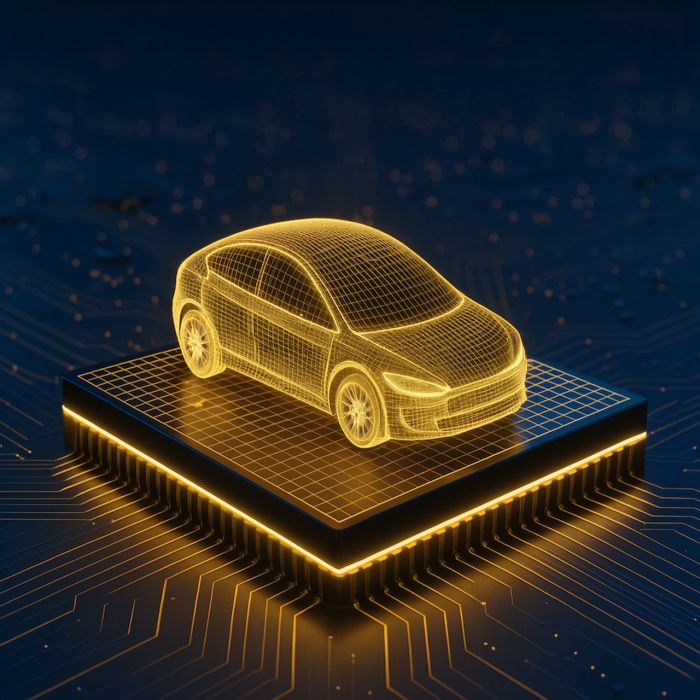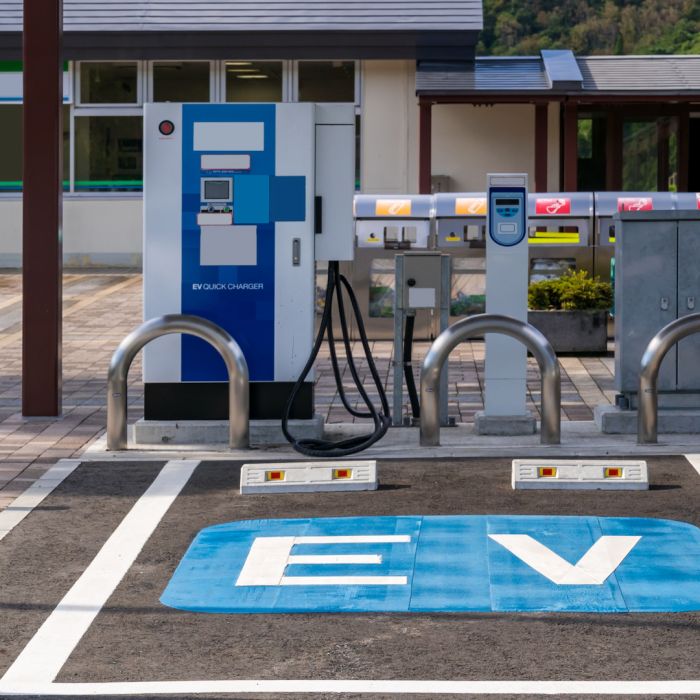 Pi Fly
Pi Fly
Innovative aerial mobility powered by neutrino energy – silent, efficient and futuristic.
 Pi Car
Pi Car
The next generation of automotive design meets energy independence through Neutrino Power.
 Pi Nautic
Pi Nautic
Maritime exploration reimagined – emission-free propulsion on oceans and rivers with Neutrino Innovation.
 PowerCube
PowerCube
Compact, mobile and independent – PowerCube generates clean electricity from neutrinos, day and night.
Harvesting the Energy of Vicinity
Generating Clean Energy
Anytime, Anywhere
The Pi Car: Invisible radiation converted by metamaterials will power the electric vehicles of tomorrow
Around the globe, consumers are being incentivized to purchase electric vehicles under the assumption that these types of cars are better for the environment. While it is true that electric vehicles have the potential to reduce emissions, charging their batteries through conventional electrical grids, which in many regions still rely heavily on coal, can worsen the problems caused by fossil fuel emissions.
Recently, the Neutrino® Energy Group was proud to welcome Dr. Bharat Bhanudas Kale of Pune, Maharashtra, into its international consortium of pioneering energy scientists. Dr. Kale has been selected to play a leading role in the Neutrino® Energy Group’s Pi Car project.
With more than 20 patents, over 250 publications in international journals, and nearly 30 years of experience in sustainable energy and nanomaterial technologies, Dr. Kale is among India’s most respected research scientists in critical fields of global importance. He is a founding member of the Centre for Materials for Electronics Technology (C-MET) in Pune, and in 2020 he was elected a Fellow of the Royal Society of Chemistry in London.
Dr. Kale’s extensive expertise in sustainable energy technologies already made him an excellent fit for the Neutrino® Energy Group. What proved decisive, however, was his deep research into advanced metamaterials. For several years, the Neutrino® Energy Group has been working to develop a fundamentally new form of mobility that generates power through neutrinovoltaic processes, independent of coal-based electricity or fossil fuels. Dr. Kale’s knowledge of nanostructured metamaterials provides the missing link to advance the Pi Car project from concept toward realization.

Known as the Pi Car, the Neutrino® Energy Group’s proposed electric vehicle will be powered solely by the endless stream of elementary particles, electromagnetic fields, temperature gradients, electrosmog, neutrinos, and other invisible fluxes that traverse matter every second of every day. This innovation is part of the Pi Mobility project, which also includes Pi Fly and Pi Nautic, and together they represent a blueprint for a transport sector no longer constrained by charging infrastructure or fossil supply chains. The scientific foundation of the Pi Car rests on the Holger Thorsten Schubart–NEG Master Equation for Neutrinovoltaics:
P(t) = η · ∫V Φ_eff(r,t) · σ_eff(E) dV,
which mathematically describes how invisible radiation spectra interact with multilayer nanostructures to generate a continuous flow of electrical current. The equation condenses decades of advances in particle physics, from neutrino–electron scattering to coherent elastic neutrino–nucleus scattering (CEνNS), and unifies them with breakthroughs in material science into a pragmatic framework for engineering applications.
The Neutrino® Energy Group plans to construct the Pi Car body with metamaterials engineered for maximum efficiency and safety. A metamaterial’s properties do not derive from the raw elements alone but from the precise nanoscale arrangement of its structures. This makes it possible to tailor the material to convert ambient invisible fluxes into mechanical micro-vibrations that, in combination with doped graphene–silicon nanolayers, create resonance and ultimately usable current. The Pi Car is not the work of a single laboratory. It is the product of an international scientific collaboration:
- C-MET Pune brings leadership in advanced materials science, particularly in tailoring graphene and silicon nanostructures for energy conversion efficiency.
- Simplior Technologies integrates artificial intelligence into the Pi Car’s systems, optimizing material performance, energy distribution, and real-time operation.
- SPEL Technologies provides cutting-edge expertise in energy storage, ensuring that the current generated through neutrinovoltaics is buffered and delivered seamlessly for mobility demands.
Together with the Neutrino® Energy Group, these partners are embedding neutrinovoltaic technology into a mobile architecture that is as robust as it is revolutionary. The Pi Car represents more than a concept vehicle. It is a demonstration that the Master Equation can leave the chalkboard and enter the street, translating particle physics into the hum of a vehicle powered continuously by the invisible architecture of the universe.

Neutrino Energy Group
Unter den Linden 21, 10117 Berlin
Germany
Phone: +49 (0) 30 20924013
Monday-Friday: 10:00 – 17:00
Saturday: Closed











